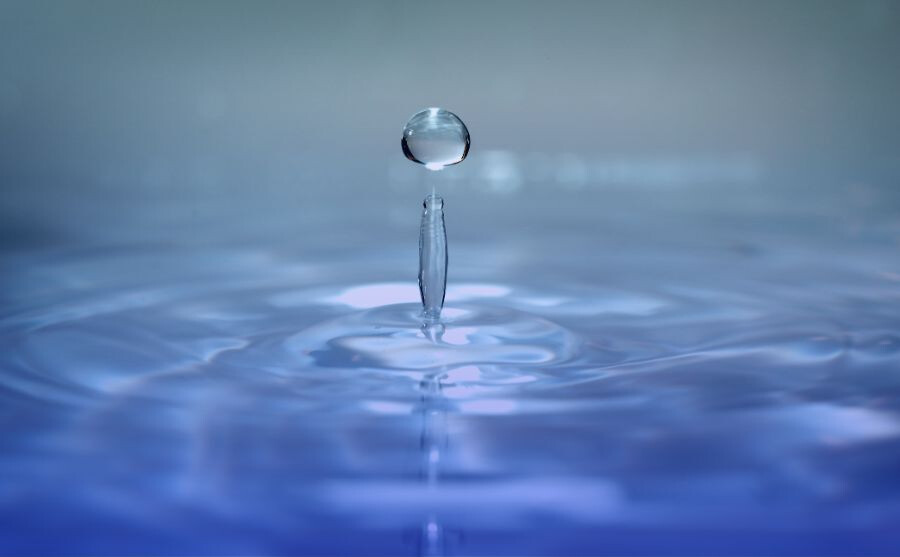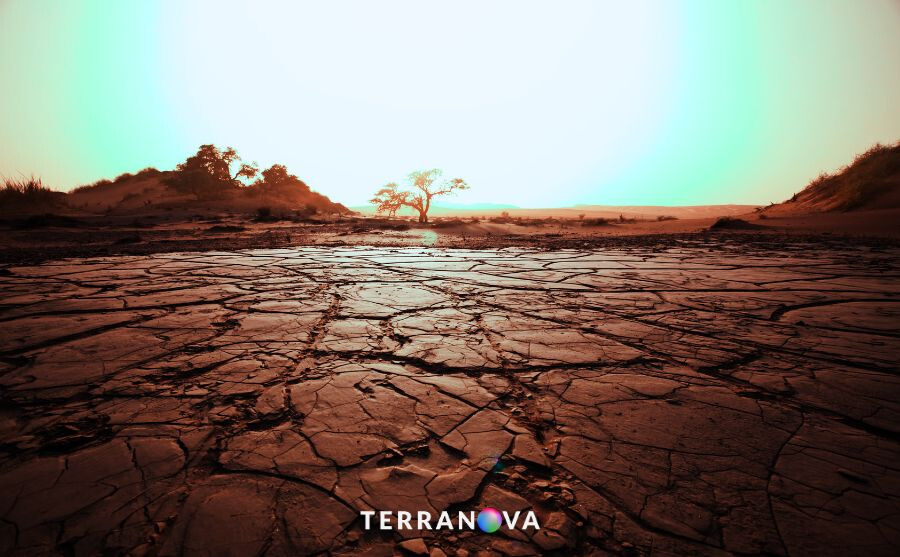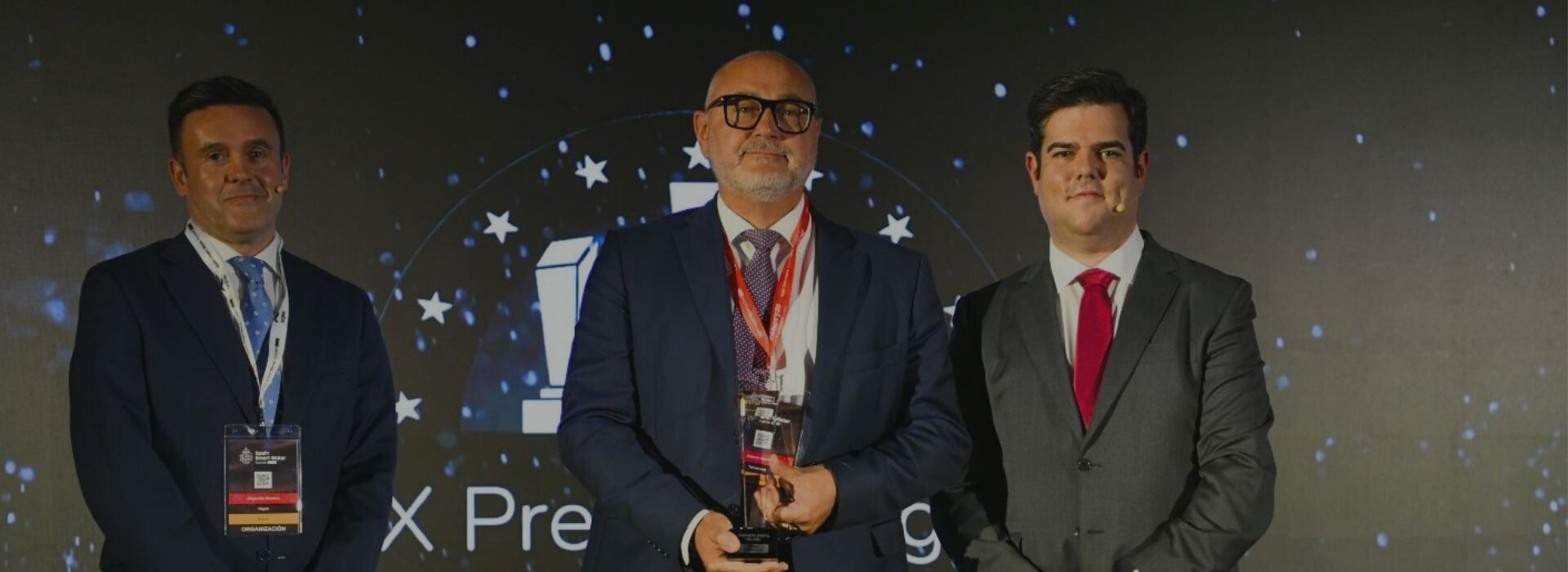

6/26/2025



Over the last few weeks, a hot topic has held centre stage in the Spanish news, among others. The Catalan drought, characterised by three years without rain, has forced the autonomous community to take some drastic measures to deal with it. Closure of fountains, water parks, showers on the beach and rationing per citizen are just some of the measures taken for what is now a code red.
Last month, Catalan President Aragones described the current situation in Catalonia as the 'worst drought in the country's modern history', even surpassing the already severe drought figures of 2007-2008, as reported by the Guardian . The scenario, in fact, is among the most difficult ever: some areas of the region have not been irrigated by rainwater since 2021 and water reserves dropped below 16% in January 2024, leading the President himself to announce a state of Emergency 1, from Friday 2 February. The emergency measures affect 202 municipalities, including Barcelona, with a total of more than 6 million people, equivalent to almost the entire population of Catalonia.
Already during the drought 17 years ago, in response to the emergency situation, the largest water desalination plant in Europe was designed, which still today provides 33% of the water used by the city of Barcelona. In addition, the recycling of waste water was implemented, from which today 25% of Catalonia's water supply is derived. However, with an increasingly oppressive drought, the local government has deemed further countermeasures to combat the new contingency urgent: already in force on an experimental basis in the north of the region, the new measures include the closure of fountains, water parks, skating rinks, beach showers, public and private swimming pools, and a ban on watering parks and washing cars. Still open, for now, are only swimming pools that use sea water and car washes that recycle water, while groundwater will be used to irrigate trees.
Moreover, as reported by the daily El Diario, daily domestic consumption has been limited to 200 litres per person (equivalent to the water of two average showers), and it is not excluded that, in the coming months, this threshold may even be reduced to 180, first, and 160, later. In addition, the water supply for livestock has been cut by 50 per cent, and industrial activities by 25 per cent. The hardest hit, however, remains the agricultural sector, which will have to give up 80 per cent of its current water supply. A hard blow to take, considering that it is the sector that consumes the most (around 80% of the total demand). The lack of rainfall, in fact, has destroyed the grape and olive harvests of recent years and led to a 50% increase in the price of oil, as well as an increased demand for water to save crops. Finally, El Pais has an interesting point to make, reporting data on tourism in Barcelona: according to the results of a research carried out by the municipality, the average water consumption for guests in a 5-star hotel is 545 litres per day, for 4-star hotels the consumption drops to 373 litres and in 3-star hotels to 232 litres, pointing out how accommodation facilities should also be subject to greater constraints on water use.
In the Utilities sector, an alarm signal in this regard had already been sounded in recent years, when outdated infrastructures and the resulting water losses in the networks had already called the Authority's attention to the importance of digitising the entire sector, in order to protect the resource. The Spanish Government, therefore, following the line already started throughout Europe and the Agenda 2030 roadmap, gave a strong push to the adoption of smart infrastructures, especially in the water sector, by approving the Strategic Project for Economic Recovery and Transformation (PERTE), for the digitisation of the Utilities sector, which mobilised around 3 billion euros of public and private funds until the end of 2023. Almost all companies in the water sector have already started, or are starting now, the digitisation of their activities and, in 2024, a huge increase in the supply of smart meters is expected throughout the Iberian Peninsula. Improved readings and the benefits derived from saving the resource are the main levers that make it natural to switch from traditional meters to smart meters, as replacement has become increasingly necessary due to environmental factors.
With droughts reaching historic highs and a climate that is becoming increasingly hard on primary natural resources, losses must be drastically reduced and the tools to do this are already on the market. The digital transition can support the management of the water emergency, and we at Terranova stand by our customers and territories with our smart solutions, to be active players in an increasingly urgent and necessary revolution towards sustainability.


We are thrilled to announce that TAMM has been named the winner of the “Digital Product of the Year"category by iAgua, the Spanish water industry expert magazine.

Want to know more?
We’d be happy to talk more in detail about your needs and explore how we can become your ideal partner, to assist you in your business venture of innovation, digitization and sustainability